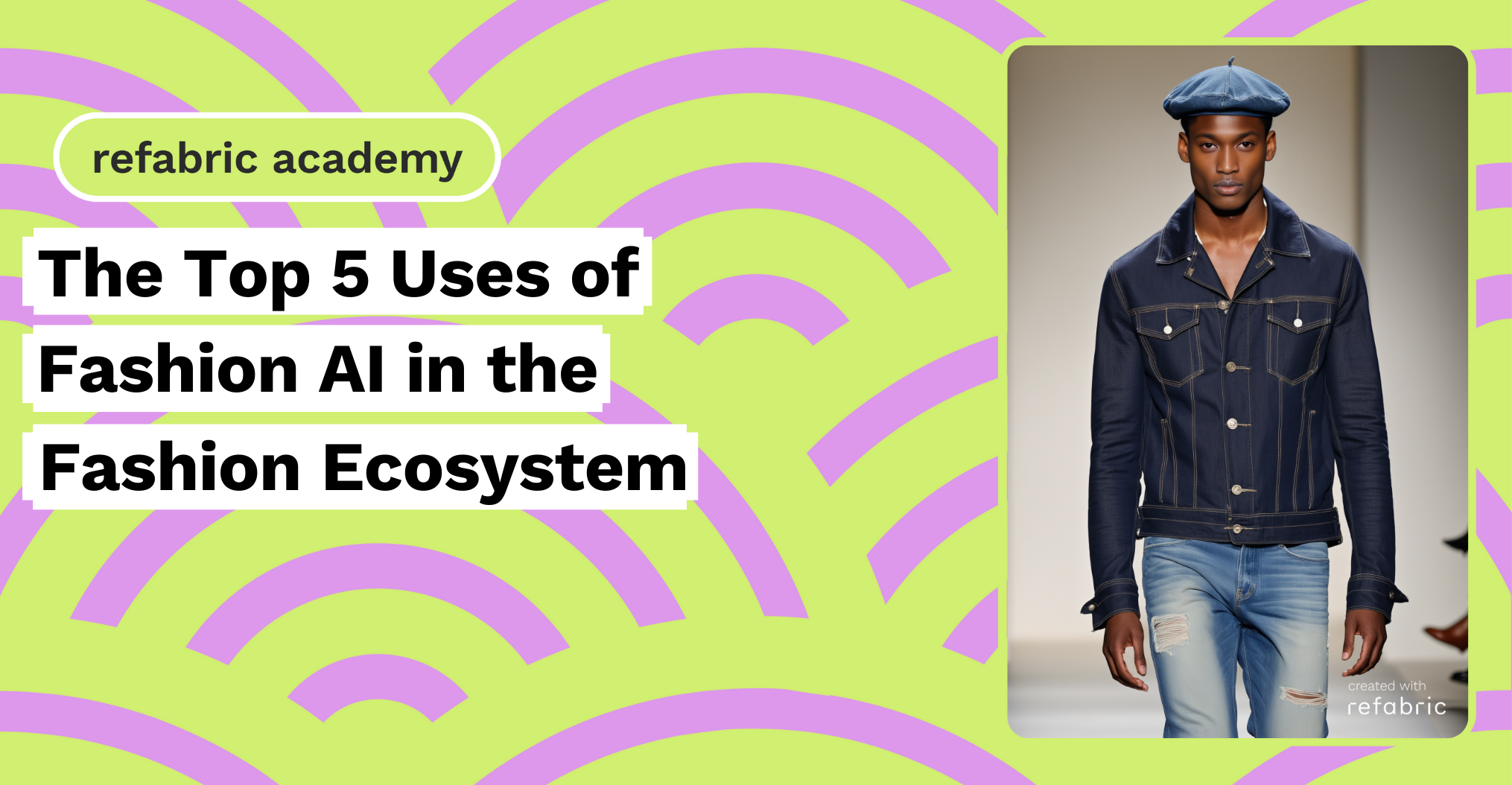Fashion AI has emerged as a game-changer in the fashion industry, offering innovative solutions that enhance both the creative and operational sides of fashion. From predicting trends to improving manufacturing processes, fashion AI is transforming how designers, retailers, and customers interact with fashion. Here are the top five uses of fashion AI, along with examples of how these technologies are making an impact.
1. Trend Forecasting
Trend forecasting is one of the most exciting applications of AI in fashion. Traditionally, predicting trends relied on intuition, experience, and manual analysis of market behaviors. With AI, fashion brands can analyze vast amounts of data, including social media conversations, online searches, and consumer behavior, to predict upcoming trends with far greater accuracy and speed.
For example, there are AI-powered trend forecasting platforms that are analyzing millions of images across social media platforms to identify emerging trends and shifts in consumer preferences. Using image recognition technology, these platforms help brands anticipate what consumers will want next, allowing them to stay ahead of the curve. By analyzing consumer sentiment and the rise of certain fashion styles or colors, brands can create designs that match market demand, minimizing unsold stock and waste.
2. Creating Better Fit and More Accurate Sizing
Fashion AI has also revolutionized how brands approach fit and sizing, addressing one of the most common pain points for customers—finding the right size. Traditional sizing charts often lead to inconsistent fits, causing dissatisfaction and returns. Fashion AI tackles this issue by analyzing individual body measurements and generating customized sizing recommendations, resulting in a more personalized fit.
3. Authenticating Items to Prevent Knockoffs
The fashion industry faces a significant challenge with counterfeit goods, which not only hurt brand reputation but also result in financial losses. Fashion AI offers a solution to this issue by using machine learning algorithms to authenticate products and prevent knockoffs. Fashion AI can analyze intricate details like stitching patterns, logos, and material quality to verify the authenticity of high-end fashion items.
There are AI-powered devices that authenticate luxury goods such as handbags and accessories. These devices use machine learning to compare items with a vast database of authentic products, helping big fashion houses ensure that their customers receive genuine products. This technology provides an added layer of security for both brands and consumers, protecting the integrity of the fashion industry.
4. Streamlining Manufacturing with Fashion AI
AI is transforming fashion manufacturing by automating various processes, optimizing resources, and speeding up production timelines. From fabric cutting to quality control, fashion AI can streamline many aspects of garment production, reducing costs and improving efficiency. AI-driven robotic sewing systems automates the assembly of garments. This technology can handle the repetitive tasks of sewing and assembling clothing, which traditionally rely on human labor. By automating these processes, fashion brands can produce garments faster, reduce human error, and lower production costs. AI-driven manufacturing not only speeds up production but also makes it easier for brands to respond quickly to changing market demands.
5. Reducing Returns
Returns are a costly problem for fashion retailers, particularly in online shopping, where customers can’t try on garments before buying. Fashion AI helps reduce return rates by providing more accurate product descriptions, personalized recommendations, and virtual try-on experiences.
Zalando, a major European online retailer, has implemented AI tools that help customers choose the right products based on their preferences and past purchases. By analyzing data from previous purchases, the platform offers personalized recommendations that are more likely to meet customers’ expectations.
To sum up, fashion AI is revolutionizing the fashion industry in numerous ways, from predicting trends to improving manufacturing processes. As fashion continues to evolve, AI’s role in shaping its future will only grow. These innovations are paving the way for a more responsive, efficient, and customer-centric industry, helping fashion brands not only meet consumer demands but also embrace a more sustainable and technologically advanced future.
